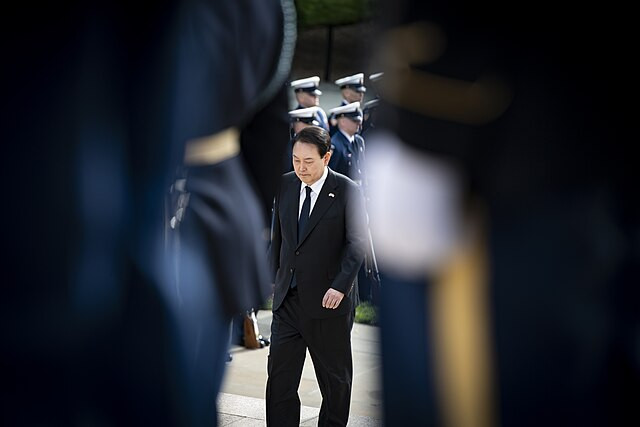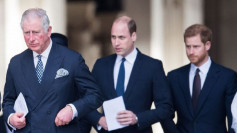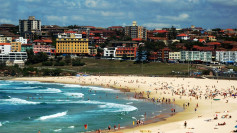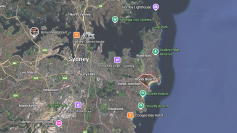South Korean investigators are intensifying efforts to question impeached President Yoon Suk Yeol regarding his controversial declaration of martial law earlier this month. Despite repeated requests from the Corruption Investigation Office for High-Ranking Officials (CIO) and other investigative bodies, Yoon has refused to cooperate, deepening the political crisis engulfing the nation.
On Friday, the CIO issued its second summons to Yoon, asking him to appear for questioning on charges of abuse of authority and orchestrating a rebellion. This follows his rejection of three prior requests and his refusal to allow searches of his office, citing laws that protect locations tied to military secrets. Investigators have indicated they may seek a court warrant to detain Yoon for up to 48 hours if he continues to defy their demands.
Yoon's martial law decree, enacted on December 3, was rescinded after just six hours following a unanimous National Assembly vote to overturn it. Lawmakers accused Yoon of attempting to disrupt parliamentary functions by deploying heavily armed troops to encircle the Assembly building. Arrested military commanders, including Army Special Warfare Commander Kwak Jong-keun, testified that Yoon ordered them to "destroy the door and drag out the lawmakers" to prevent the vote. Kwak stated he refused to carry out the directive.
The fallout from Yoon's actions has thrown South Korea into political turmoil. The National Assembly impeached Yoon on December 14, suspending his presidential powers. The Constitutional Court now has 180 days to decide whether to uphold his impeachment or reinstate him. In the meantime, Prime Minister Han Duck-soo is serving as acting president, attempting to stabilize the government amid escalating tensions between rival political factions.
The controversy has also implicated top military officials. Maj. Gen. Moon Sang-ho, commander of the Defense Intelligence Command, was arrested this week for allegedly deploying troops to the National Election Commission under Yoon's orders. Investigators claim Moon conspired with other officials to develop operational plans for enforcing martial law, discussing these strategies at a fast-food restaurant days before Yoon's declaration.
Yoon defended his actions as necessary to maintain order and counter alleged vulnerabilities in the election commission's systems. However, he has provided no evidence to support his claims, leading critics to accuse him of endorsing unfounded conspiracy theories. The election commission has categorically denied any irregularities in the April parliamentary elections, which resulted in a landslide victory for the opposition Democratic Party.
Yoon's legal team has maintained his innocence, framing the martial law declaration as an emergency measure to address opposition obstruction. The president did not paralyze the parliament's functions or order politicians to be detained, said Seok Dong-hyeon, a spokesperson for Yoon's legal team. However, Seok declined to clarify whether Yoon would comply with future summonses or searches.
The political fallout extends beyond Yoon's legal troubles. Prime Minister Han's administration faces a standoff with the opposition over key policy issues, including judicial appointments and agricultural reforms. Meanwhile, diplomatic relations and financial markets remain unsettled, with allies expressing concerns about South Korea's stability during this critical period.






